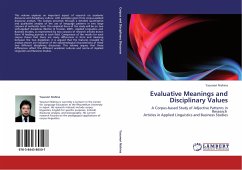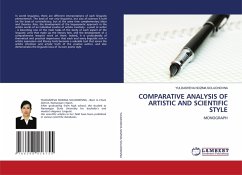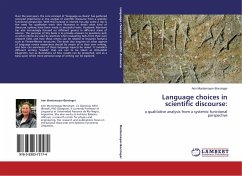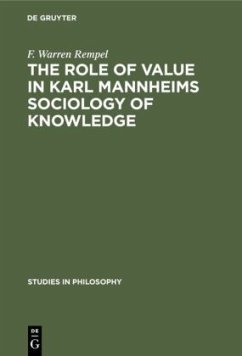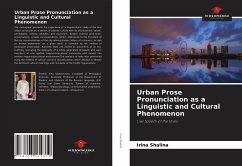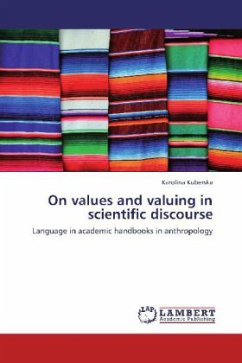
On values and valuing in scientific discourse
Language in academic handbooks in anthropology
Versandkostenfrei!
Versandfertig in 6-10 Tagen
32,99 €
inkl. MwSt.

PAYBACK Punkte
16 °P sammeln!
Can any discourse be absolutely objective? This study examines anthropological discourse, which, on the one hand, can be categorised as one of its types, yet, on the other hand, possesses some features which contradict the typical characteristics of scientific discourse, as it often privileges voices that belong to the people studied rather than the traditionally authoritative, or simply ethnocentric, researcher. The analysis focuses on manners of encapsulating both values and valuing in academic handbooks in anthropology. Chapters on religion are of particular interest here, given that is an ...
Can any discourse be absolutely objective? This study examines anthropological discourse, which, on the one hand, can be categorised as one of its types, yet, on the other hand, possesses some features which contradict the typical characteristics of scientific discourse, as it often privileges voices that belong to the people studied rather than the traditionally authoritative, or simply ethnocentric, researcher. The analysis focuses on manners of encapsulating both values and valuing in academic handbooks in anthropology. Chapters on religion are of particular interest here, given that is an area of culture which is clearly related to both ideology and worldview, and therefore, value-laden. The detailed reading of texts on religious variety uncovers multiple methods of conveying authors attitudes on the subject described. Rather than undermining the scientific authority, this study encourages a more insightful approach to academic discourse employed found in handbooks.



